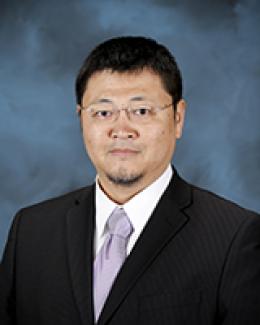Abstract
A computational methodology is presented for the process simulation of cold pressing and sintering of Armstrong CP-Ti powders. Since the powder consolidation is governed by specific pressure-dependent constitutive equations, solution algorithms were developed for the ABAQUS user material subroutine, UMAT, for computing the plastic strain increments based on an implicit integration of the nonlinear yield function, flow rule, and hardening equations. Sintering was simulated using a model based on diffusional creep using the user subroutine CREEP. The initial mesh, stress, and density for the simulation of sintering were obtained from the results of the cold pressing simulation, minimizing the errors from decoupling the cold pressing and sintering simulations. Numerical simulation results are presented for the cold compaction followed by a sintering step of the Ti powders. The numerical simulation results for the relative density were compared to those measured from experiments before and after sintering, showing that the relative density can be accurately predicted.
Notice: This manuscript has been authored by UT-Battelle, LLC, under Contract No. DE-AC05-00OR22725 with the U.S. Department of Energy. The United States Government retains and the publisher, by accepting the article for publication, acknowledges that the United States Government retains a non-exclusive, paid-up, irrevocable, world-wide license to publish or reproduce the published form of this manuscript, or allow others to do so, for United States Government purposes.
ACKNOWLEDGEMENTS
This research was sponsored by the U.S. DOE, and carried out at ORNL, under Contract DE-AC05-00OR22725 with UT-Battelle, LLC. This research was sponsored by the U.S. DOE, EERE Industrial Technology Program Office under CPS Agreement # 17881.





